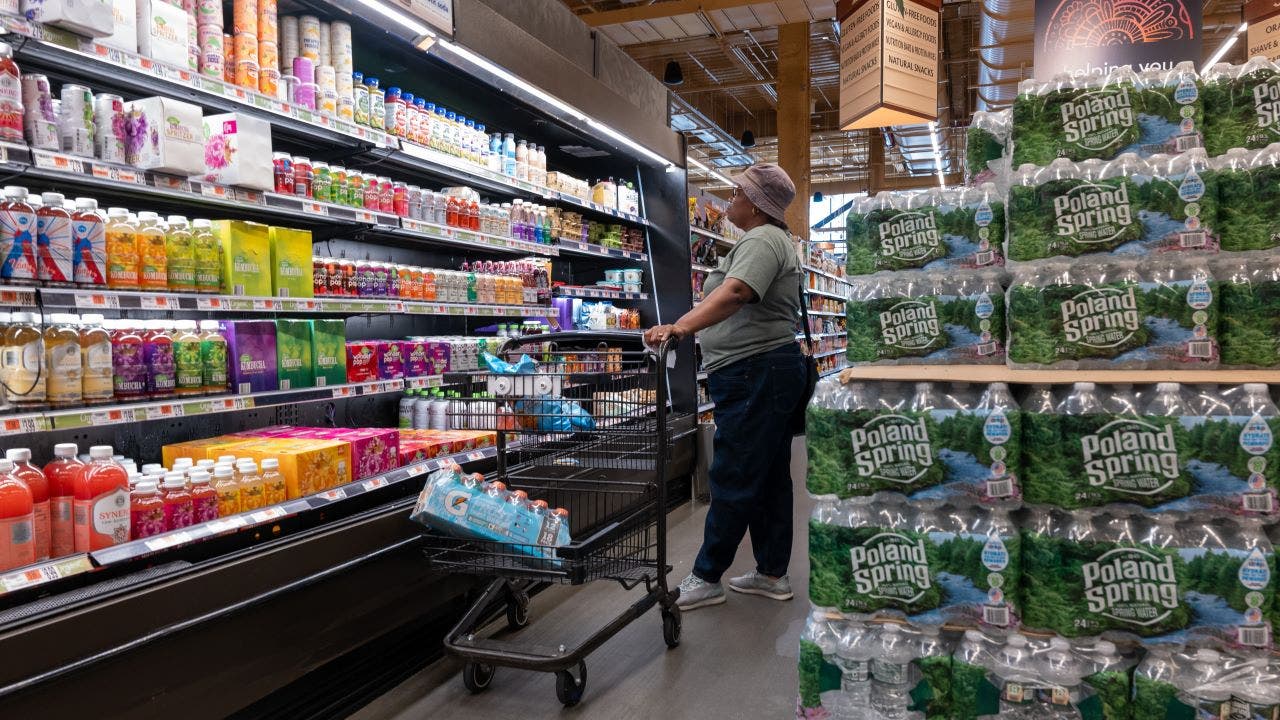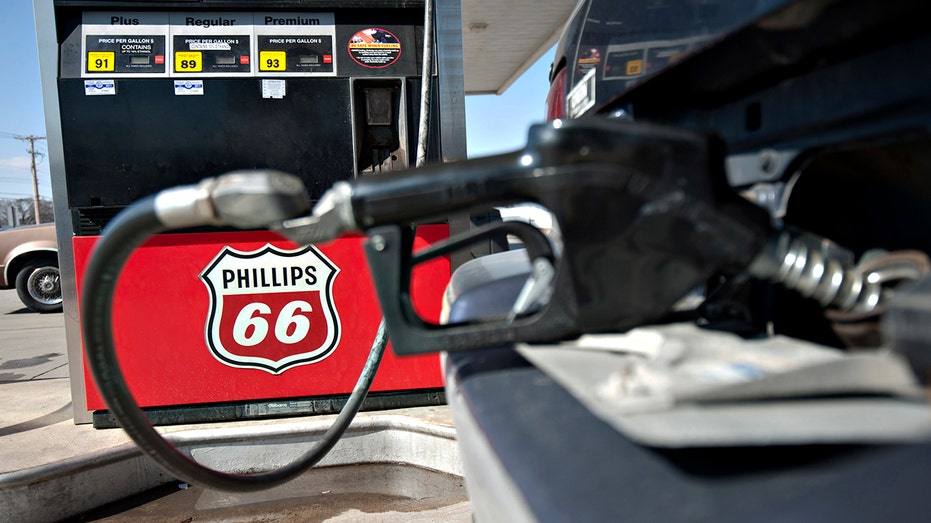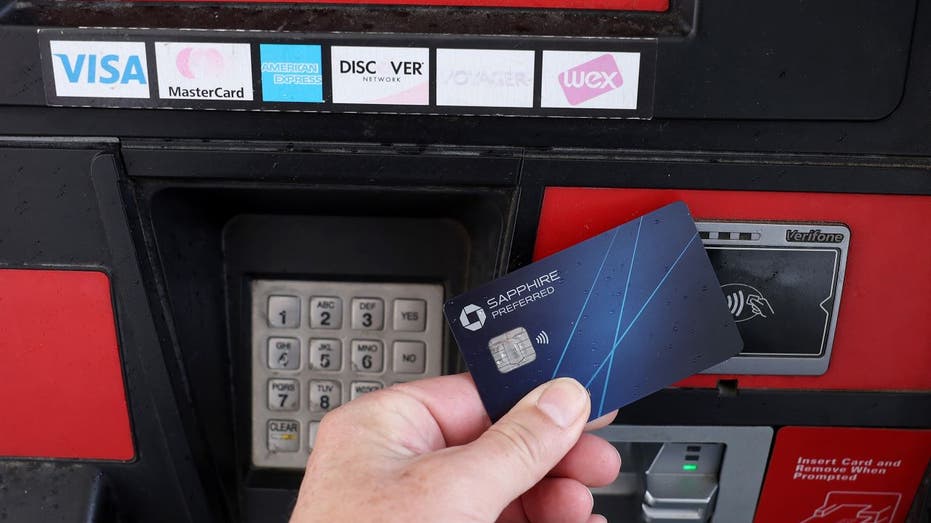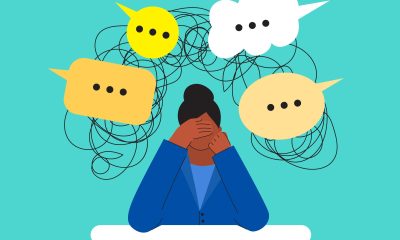Personal Finance
Middle-income households' with negative view of their personal finances surges to new high

America’s middle class is feeling the squeeze like never before, according to new data.
Primerica’s latest Financial Security Monitor report for the third quarter found 55% of middle-income households now rate their personal financial situation negatively, a 6-point jump from the previous survey.
“For the first time in a year, a majority of middle-income households are feeling negative about their personal finances,” said Glenn Williams, CEO of Primerica. “In fact, this latest report represents the highest negative rating we’ve seen since we began fielding the survey exactly four years ago.”
Middle-income households’ view of the economy has deteriorated, too, over the past three months. A significant majority, 73%, said they have a negative view of the nation’s economic health, up one point from the prior reading.
JAMIE DIMON WARNS OF ‘CRITICAL ISSUES’ THAT COULD AFFECT US ECONOMY
The findings also indicated growing uncertainty about the economy, with 34% saying they are unsure about the economy’s direction, a sharp increase of 15 points from last quarter.
The survey polled households making between $30,000 and $130,000 annually, and 40% of respondents cited inflation as their top worry, up 8% from the previous quarterly survey.

The Labor Department on Thursday said the consumer price index (CPI) — a broad measure of how much everyday goods like gasoline, groceries and rent cost – rose 0.2% in September from the prior month and was up 2.4% from a year ago.
High inflation has created severe financial pressures for most U.S. households, which are forced to pay more for everyday necessities like food and rent. Price hikes are particularly devastating for lower-income Americans, because they tend to spend more of their already-stretched paycheck on necessities and therefore have less flexibility to save money.
WHAT FOOD ITEMS SAW THE LARGEST PRICE HIKES AND DECLINES IN SEPTEMBER?
“Families continue to list inflation as their No. 1 concern, with the stress it brings spilling over into worry about being able to afford everyday essentials like food or groceries and going to the doctor as well as managing their rising credit card debt,” Williams said.

Concerns about credit card debt among middle-income Americans is also on the rise, according to the findings. Forty-four percent said they are more worried about their credit card debt than they were a year ago, which is a 9% jump from last quarter and the highest level of concern since the question was first introduced in March 2023.
“The results of our survey reflect the accumulating financial stress middle-income families are facing,” Williams told FOX Business. “Recent cost of living increases are slowing and we have to remember many fell behind financially and are still recovering.”
FOX Business’ Eric Revell contributed to this report.
Read the full article here

-

 Side Hustles6 days ago
Side Hustles6 days agoYou Might Not Get a New Job in 2025 Without These 2 Skill Sets
-

 Side Hustles5 days ago
Side Hustles5 days ago9 Questions Leaders Must Ask to End Employee Burnout
-

 Investing5 days ago
Investing5 days agoThe Marketing Mistake I Turned Into $1 Million in New Business
-

 Side Hustles4 days ago
Side Hustles4 days agoA Simple Four-Step Approach to Mastering Sales Psychology
-

 Side Hustles4 days ago
Side Hustles4 days agoHere Are the Cities Where Your Paycheck Goes the Farthest
-

 Investing6 days ago
Investing6 days agoSamsung and Google partner for augmented reality glasses By Investing.com
-

 Side Hustles6 days ago
Side Hustles6 days ago3 Business Models That Will Shape the Future of Entrepreneurship
-

 Passive Income5 days ago
Passive Income5 days agoHow Your First Job Can Prepare You for Entrepreneurial Success


















